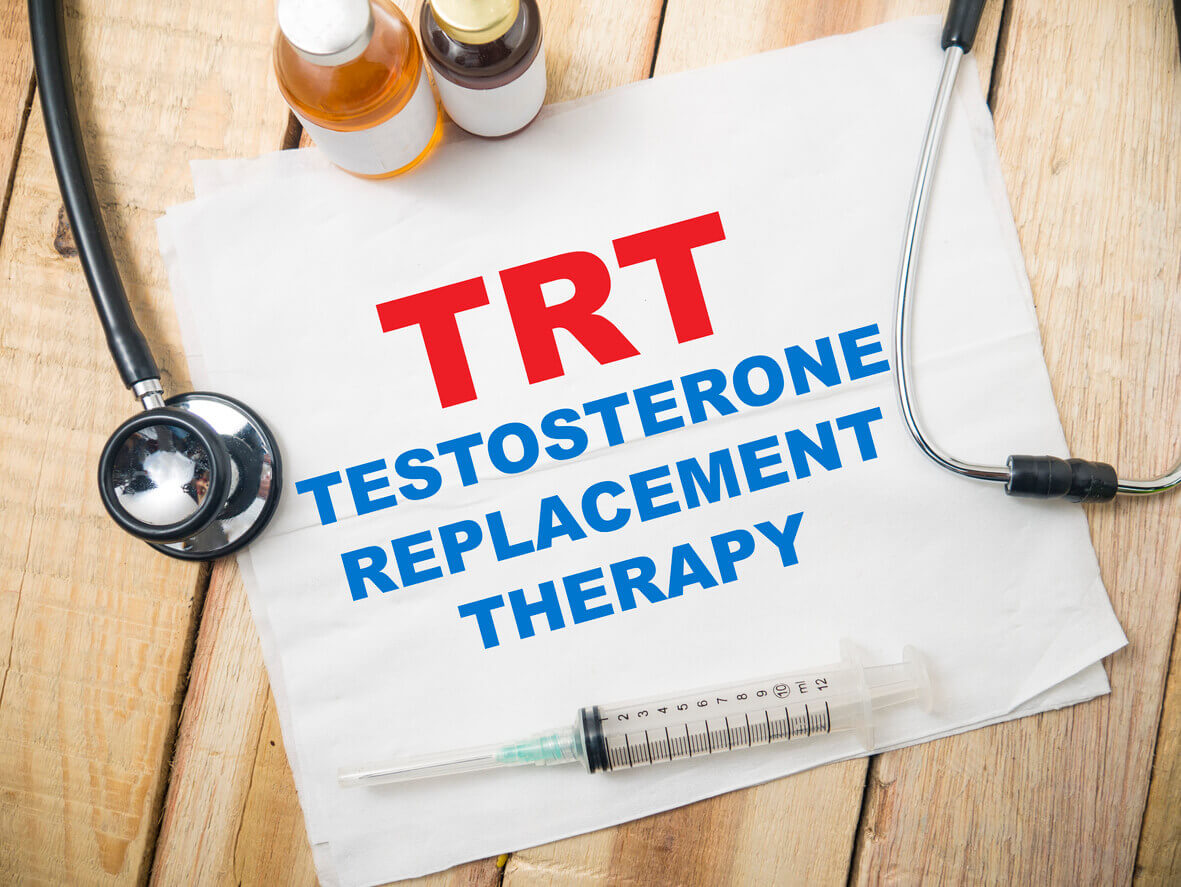
Testosterone is a vital hormone in the human body, and it plays an important role in numerous functions. It’s essential for maintaining muscle mass, regulating emotional wellbeing, and maintaining sexual health. In this article, we’ll explore the basics of testosterone, its role in the body, and how TRT therapy can offer potential benefits to those who experience low testosterone levels.
What is Testosterone?
Testosterone is a hormone that is predominantly produced in the testicles in men and in smaller amounts in the ovaries in women. It belongs to a family of hormones called androgens, which are responsible for developing and maintaining male characteristics. While testosterone is often perceived as a male hormone, it also plays an essential role in the health and wellbeing of women.
Functions of Testosterone
Testosterone plays a vital role in several aspects of the human body. Some of its primary functions include:
- Muscle mass and bone density: Testosterone supports the development of muscle mass and helps maintain bone density, preventing conditions like osteoporosis.
- Sexual and reproductive functioning: Testosterone is responsible for healthy sperm production in men, facilitating proper sexual functioning. In women, it contributes to the maintenance of a healthy libido.
- Emotional wellbeing: Testosterone levels can have an impact on mood, energy, and overall emotional wellbeing.
- Body fat regulation: Testosterone helps regulate metabolism and aids in fat distribution, which can impact physical appearance and overall health.
Testosterone Deficiency and its Effects
Testosterone levels can decrease due to several factors. Natural aging is the most common cause, with levels typically starting to decline after the age of 30. However, certain medical conditions can also lead to low testosterone levels. These include hormonal disorders, infections, chronic kidney or liver disease, and obesity. Lifestyle factors such as excessive alcohol consumption, smoking, and high stress levels can also negatively impact testosterone production. Additionally, certain medications and treatments, such as chemotherapy for cancer, may reduce testosterone levels.
When there is a testosterone deficiency, it can cause a number of different symptoms, such as the following:
- Fatigue and low energy levels
- Difficulty building or maintaining muscle mass
- An increase in body fat
- Low libido or sexual dysfunction
- Mood swings, irritability, or depressed mood
- Decreased cognitive function
- Hair loss/thinning hair
- Reduced bone density and osteoporosis
You should always consult with a healthcare professional if you suspect you may have low testosterone, as they can provide a proper diagnosis and recommend suitable treatment options.
TRT Therapy: A Solution for Low Testosterone
Testosterone replacement therapy (TRT) is a medical treatment that aims to restore normal hormone levels in individuals experiencing low testosterone. It’s effective in maintaining bone density, muscle mass, energy levels, and sex drive, among other functions.
Treatment can be administered through different methods, including:
- Injections, such as weekly testosterone self-injections
- Bio-identical testosterone pellets, which are implanted under the skin and release testosterone consistently for 3-6 months
- Testosterone creams, gels, or patches applied daily
- Oral testosterone
There are many benefits associated with TRT therapy, such as:
- Improved muscle mass and bone density
- Increased libido and better sexual functioning
- Enhanced energy levels and mood
- Reduced body fat
It is essential to consult with a healthcare professional to determine if TRT therapy is the appropriate course of action, as it may not be suitable for everyone and can have potential side effects.
Understanding the basics of testosterone and its functions in the human body is essential for maintaining overall health and wellbeing. If you suspect you are experiencing low testosterone levels, consult your healthcare provider to discuss potential solutions, such as TRT therapy.
Remember that maintaining a healthy lifestyle by staying active, eating a balanced diet, and managing stress can contribute to maintaining healthy hormone levels throughout life.
TRT Therapy Near Me in Dallas, TX
If you are concerned about your testosterone levels or would like to find out more about testosterone replacement therapy, contact Dr. David Fein at North Dallas Wellness Center in North Texas.
Dr. Fein specializes in the treatment of low testosterone in both men and women in the Dallas area. He will work with you to identify the cause of your symptoms and will discuss the most appropriate treatment options to effectively treat your condition.
To learn more about testosterone therapy or our other health and wellness services, such as medical weight loss, life extension program, or IV vitamin infusion therapy, contact us at (214) 696-3885 or request an appointment online.


